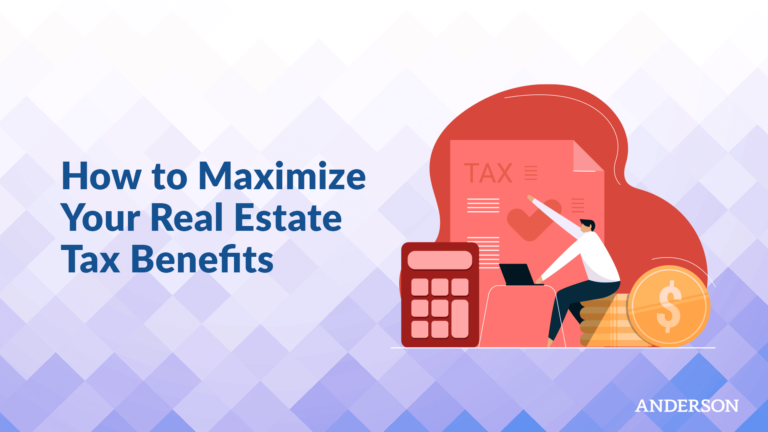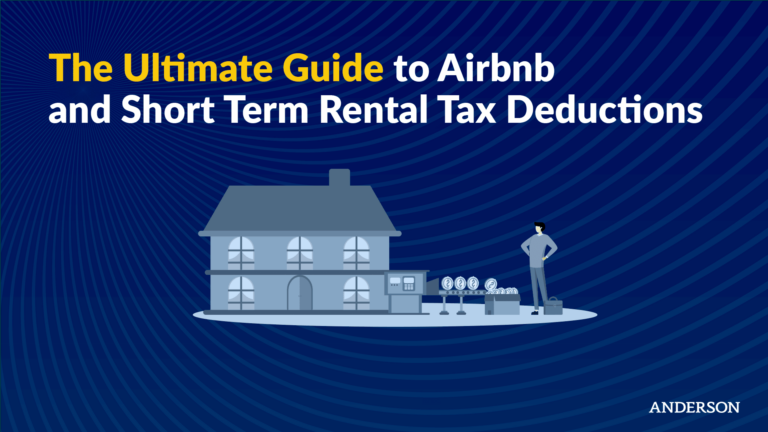When it comes to pathways for investment, most people choose between two major routes: real estate investing vs stock market. Both pathways are known for helping build fortunes, but also ruining them when times or circumstances go bad. Here then is a quick and easy comparison of what can happen when you decide to park your money in one basket versus the other.
Real Estate Investing
Pros
Real estate investing brings a slew of tax-related benefits such as depreciation write-offs, various tax deductions (i.e. Section 280A, if you decide to use your home as an office space), in addition to its income streams including rentals, house flipping, etc. The long-term revenue generating capability of a viable piece of real estate is attractive to many investors looking for stable sources of income. For example, a single-family rental home can produce years of consistent revenue for an investor as the property itself likely appreciates in value.
When the time comes, selling off that home for profit is more than likely. Furthermore, if you sell your property through a 1031 exchange, then you can substantially avoid capital gains taxes as long as you invest the money into a similar kind of property. For someone looking to continue investing in properties, this is a great path to move from one rental to the next without having to be penalized by taxes.
Cons
One of the major drawbacks of real estate versus stocks is the non-liquid nature of real estate investing. By its very nature, investing in a property presupposes that you will not be able to pull a quick profit out of it and move on immediately. Even in cases of ‘house flipping’ – buying a distressed or lower-valued home, refurbishing it, then selling off for a higher value, the process to acquire and prepare the property for flipping ties up resources and time that does not turn over quickly. Unlike stocks which can be bought and sold in fractions of time, real estate investing requires patience and careful cost analysis.
Stock Market Investing
Pros
The primary value of stock investing is their liquidity; being able to move in on a stock quickly when it looks promising, watch its value explode, then selling it off as fast as possible for profit has attracted investors for decades. Moreover, the ability to diversify your holdings among different stocks helps to lower risk and potential losses as well as build up overall value in an investment portfolio.
Stocks are also flexible investment instruments; for example, they can be allocated to a personal retirement account and held there tax-free, until you begin withdrawing money from the account itself. Also, unlike real estate, wide fluctuations in value in a short amount of time are given when it comes to stock market investing. Tremendous gains can, therefore, be made again in a short amount of time.
Cons
Unfortunately, the biggest drawback that stock market investing has is also one of its healthiest pros: volatility. Unlike real estate which, despite short-term depreciation or flat price values, will rise in value long-term, stocks can weather a particularly bumpy ride depending on a variety of circumstances including reactions to the overall market itself. Significant swings in value can occur to share prices from factors such as quarterly earnings estimates, new regulations, perceived weakness in the market in general, etc. Too many factors bearing too much weight on prices makes the stock market difficult to invest in if you prefer steady, reliable, and worry-free income growth.
While both paths can lead to investment success, both real estate and stocks come with their unique risks and rewards. However, with time and patience, financial success can be gained. The next question to ask then is: how do I protect what I’ve just made from being taxed away? When the time to ask that question comes, Anderson Business Advisors is there to answer it for you.
As always, take advantage of our free educational content and every other Tuesday we have Toby’s Tax Tuesday, a great educational series. Our Structure Implementation Series answers your questions about how to structure your business entities to protect you and your assets.
Additional Resources:
- Claim your FREE Strategy Session
- Join our next Tax & Asset Protection event to learn more advanced tax minimization & entity structuring strategies
- For all things investing, check out the Infinity Investing YouTube channel
- Subscribe to our YouTube channel to make sure you never miss the latest strategies & updates
Bonus Video
Free Strategy Session with an Anderson Advisor
Receive a detailed risk assessment to assist in lowering problem areas that could wipe out all of your assets with one wrong move. Speak with an Anderson Professional Advisor to get your FREE Strategy Session.
Limited-Time Offer: ($750 value.)











